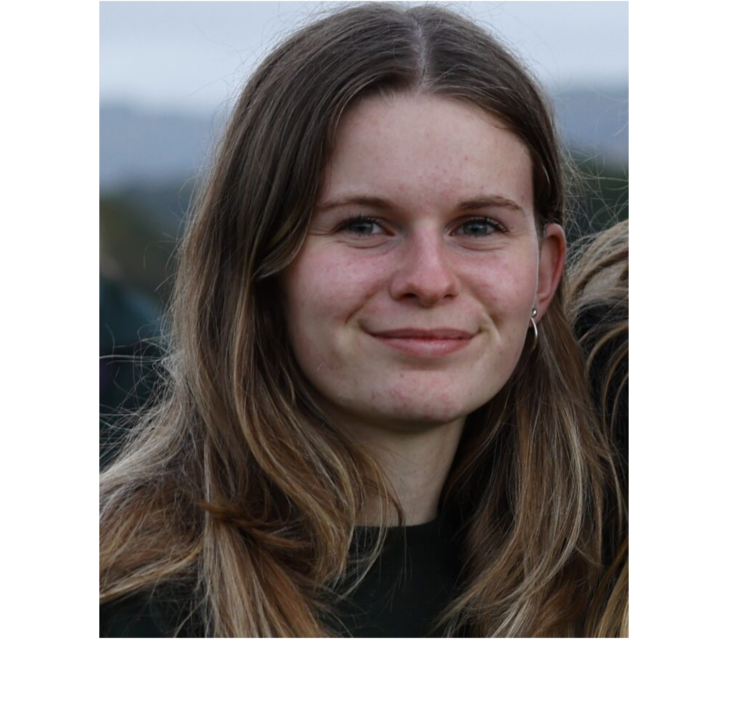Entrusting others to help develop our Distance Learning Programme
Romania, Jordan
- Distance Learning Programme

Over the course of this year our Team Assistant, Kiran Sangha has been working on the modernisation of our Romanian and Jordanian Distance Learning Programme (DLP) teaching materials. This work is important for two key reasons:
- As the DLP has been extended to different countries, discrepancies and differences have found their way into the materials. We want every version to contain the same content so we can be sure of its quality.
- Some of the materials date back over a decade. While the content is sound, we want to ensure they are presented in a contemporary, accessible way for students.
To aid us in our efforts, Kiran was joined in the office last month by volunteer Beatrice Quin.
As a keen linguist, Beatrice took particular interest in the intricacies and challenges of working in multiple languages – especially when they use different scripts.
Below Beatrice shares her thoughts on how she found her two days of work experience in our office as she quickly gained the confidence to work in multiple languages, and understood the importance of adapting the course to each specific local context:
As an avid linguist, the opportunity to complete work experience across multiple languages at Music as Therapy International was particularly exciting. I was intrigued by what I might learn about the differences between languages by working in parallel with translations, even if I could not speak one of the languages.
Although at first I felt somewhat out of my depth working in Romanian, since I had no prior experience with the language, I quickly gained confidence as I began to understand the recurring features of the language. Word endings that at first appeared entirely unfamiliar soon started to make sense, and the language’s Romantic roots made identifying which translations matched which significantly easier.
By contrast, working in Arabic I was completely in the dark. Since I couldn’t even read the script phonetically, there was no chance of making an educated guess as to which words meant what. I did begin to get a sense of word order, however, and with a bit of practice I started remembering to highlight text in the opposite direction, and mentally swapped Backspace with Delete.
Having the variety of two different languages within the context of Word, a program I was familiar with using, kept the experience engaging, as each document felt like a completely new task to tackle. It was particularly interesting to note how volatile Arabic was, especially when it came to correcting individual characters which had pasted wrong. Despite this, I did feel that some of my own skills did come into play to help me. Having confidence to work with Word meant that I was able to apply the formatting to the text instead of the other way around in some Arabic documents in order to avoid errors. Furthermore, experience using Google Translate helped me find smaller phrases within longer paragraphs in unfamiliar languages.
Beyond the language, however, I was struck by the inclusion of certain sections on trauma and self-care in the Jordanian Arabic documents, which reminded me how important it is for Music as Therapy International to cater each translation to the specific audience it will be used for: whilst the charity works with Arabic-speakers in both Jordan and The Occupied Palestinian Territories, there are two different sets of documents.
Above all, during my work experience at Music as Therapy International the thing which had the greatest impression on me was probably the speed with which Romanian started to feel recognisable. Whilst I certainly couldn’t understand the majority of the text, I was increasingly comfortable with the characteristics of the language, enabling me, for example, to correct two words which had missing letters at the end. Arabic was less comprehensible, but I still started to recognise individual characters across different words.
This work experience was a real reminder of the links between different related languages, but also the vastly differing aspects which make languages such as English and Arabic feel startlingly contrasting. I hope that I can complete more work experience during my year off in which I work with languages other than English, as I realised during my time at Music as Therapy International how rewarding I find discovering new languages to be. I would be particularly interested to find out more about why languages might express the same idea in hugely different ways, for both linguistic and cultural reasons.
Most of all, I am so grateful to Kiran and the rest of the team at Music as Therapy International for making me feel so welcome in the office, and for giving me such an interesting set of tasks to work with.
We want to say a huge thank you to Beatrice for volunteering her time with us and we are grateful for her meaningful contribution to the continuous development of our Distance Learning Programme.
